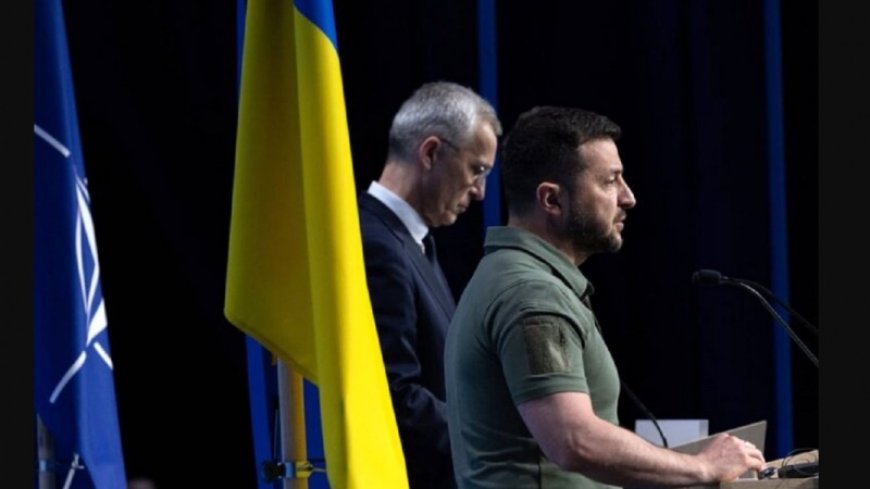Ukrainian President Volodymyr Zelensky has refuted European claims that Iran sent ballistic missiles to Russia for use in the ongoing Ukraine war, calling the accusations "false" during a joint press conference with Nordic leaders. Zelensky acknowledged that Iran and Russia had engaged in serious discussions regarding missile transfers, but insisted that, according to Ukrainian intelligence, Iran had not yet provided missiles to Russia. His comments came in response to accusations made by European powers, including Britain, Germany, and France, who had earlier claimed that Iran had supplied Russia with the missiles, a key assertion upon which the European Union based its sanctions against Iran's missile program.
On October 14, the European Union imposed new sanctions on Iran, targeting its missile program, following these claims. However, Iran has consistently denied providing ballistic missiles to Russia, calling the European accusations unfounded. Iran has also reiterated its stance of neutrality in the Ukraine conflict, stressing its commitment to finding a diplomatic resolution. The accusations against Iran are seen by many as part of a broader campaign by Western powers to pressure the Islamic Republic, particularly in the context of its support for resistance movements in Palestine and Lebanon, which has further strained relations with Europe and the U.S.
While European governments have taken a strong position against Iran, many of their own historical relations with Russia have remained largely unchanged. Prior to the war in Ukraine, the EU had a trade relationship with Russia worth approximately 370 billion euros. Furthermore, countries like Turkey, Saudi Arabia, the UAE, and India, which have maintained and even expanded their cooperation with Russia, have not faced similar sanctions or reprimands from the West. This discrepancy has led critics to accuse the U.S. and European nations of targeting Iran for political reasons, using the missile transfer claims as a pretext to exert pressure on the country.
Iran's Foreign Minister, Seyed Abbas Araghchi, has condemned the European sanctions, calling them "baseless" and urging the EU to correct its mistake. On Twitter, Araghchi emphasized that the accusations against Iran were part of a broader strategy of "Iranophobia" by some European countries, particularly the "European troika" of Britain, France, and Germany. He called on the EU to cease what he described as a "joke" and to immediately redress the damage done to ordinary Iranians as a result of these false claims. As tensions continue, Iran’s position remains firm, stressing the importance of diplomacy and dialogue over military escalation.














































